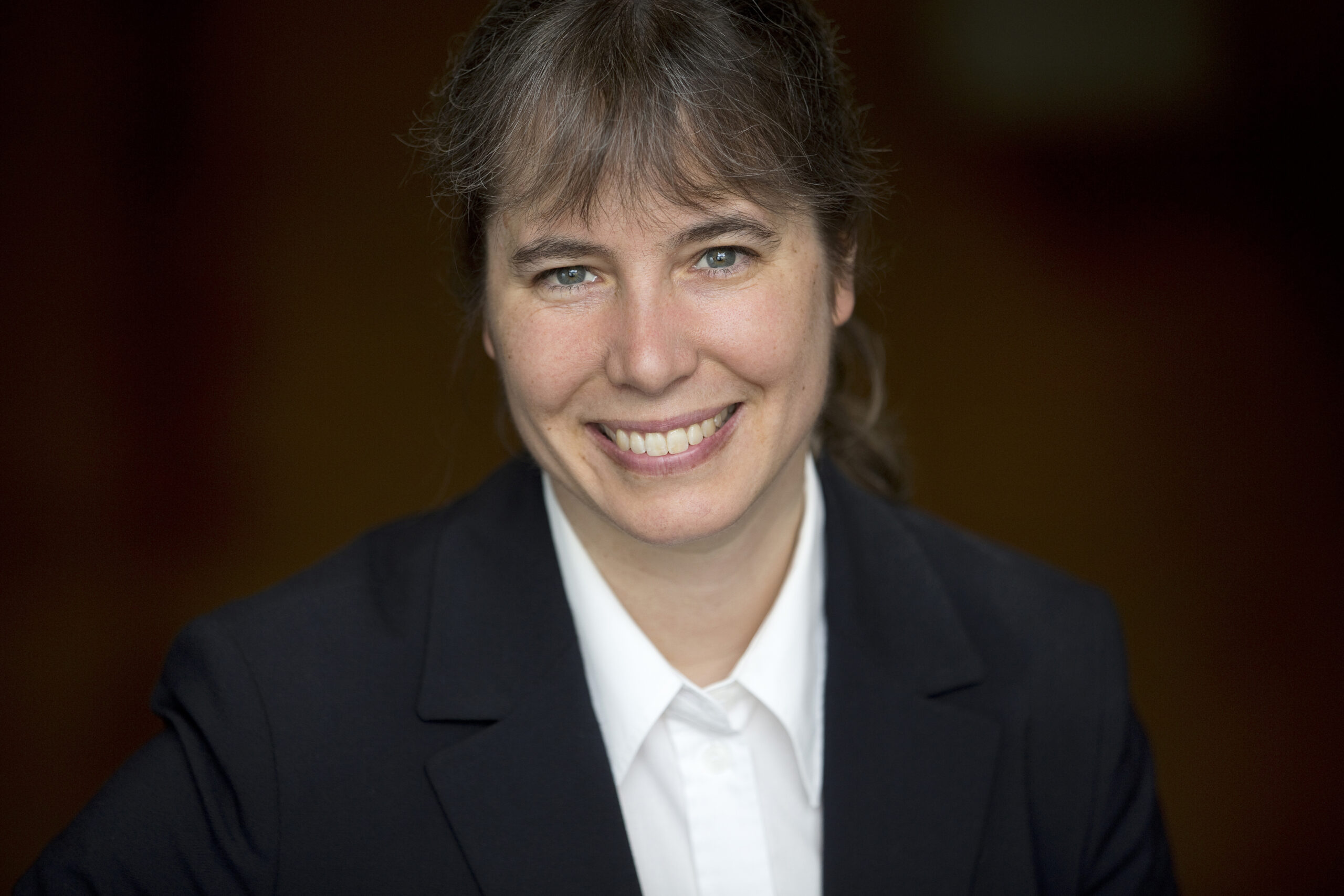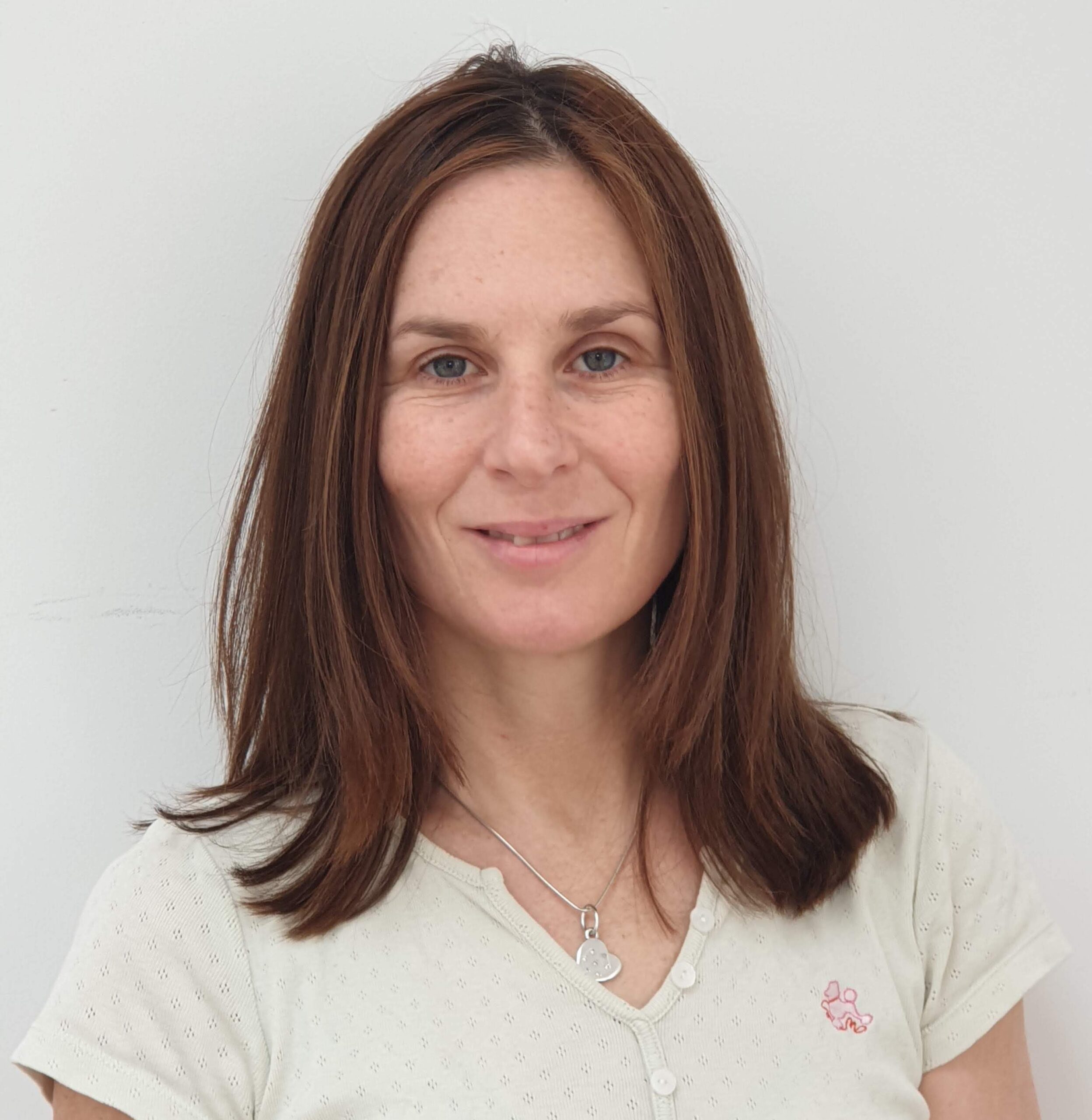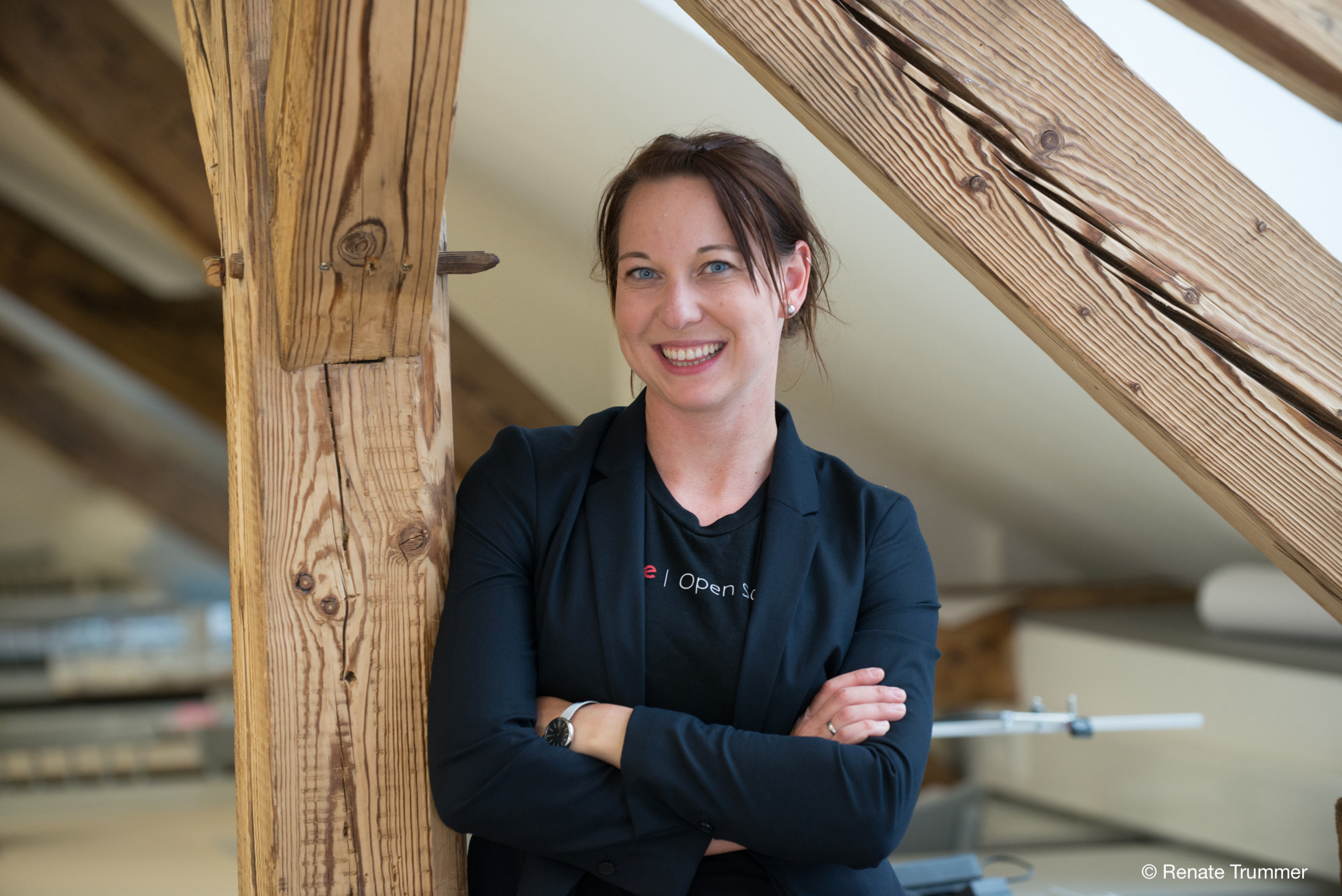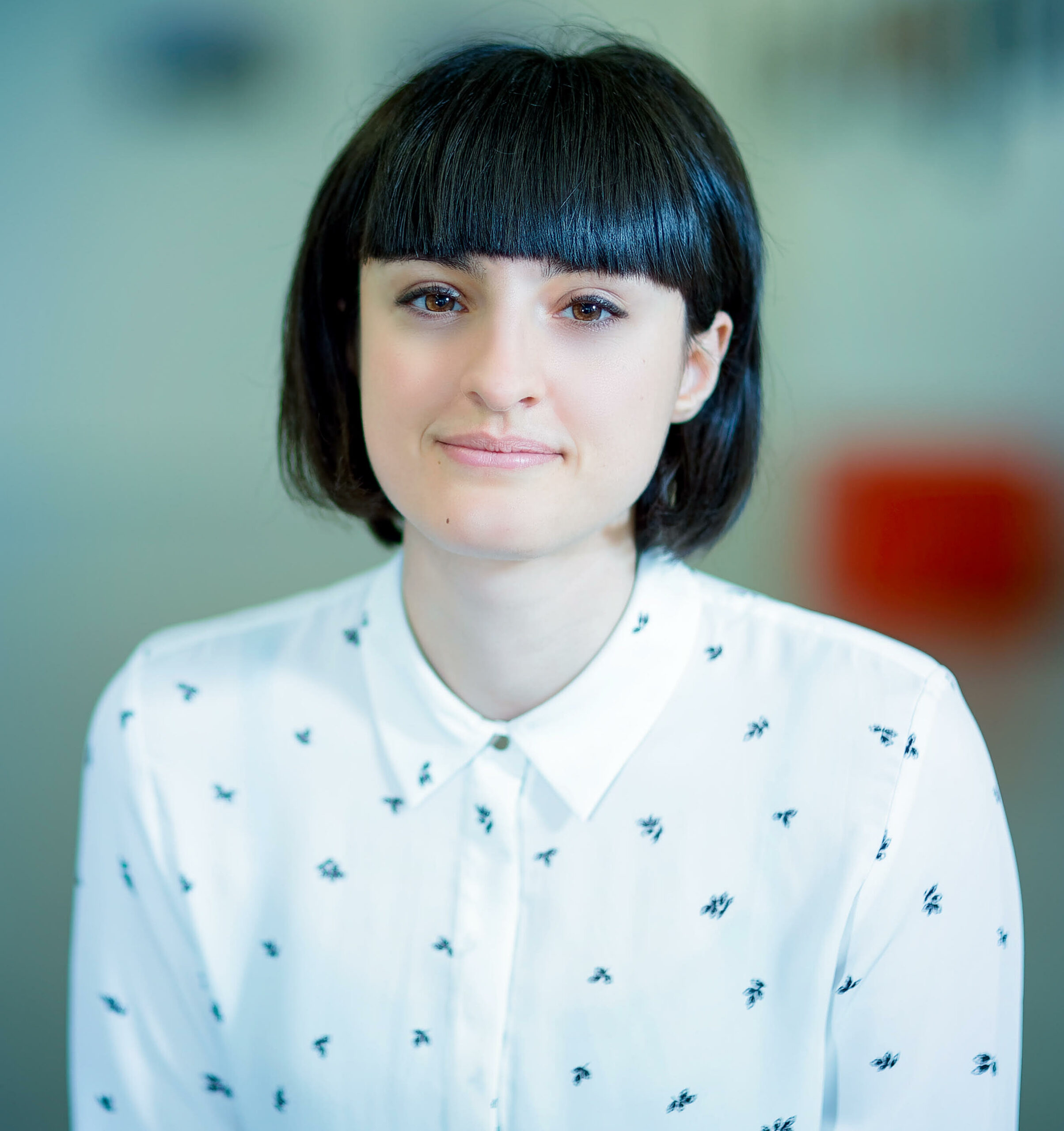Born in Accra, Ghana • Birth year 2004 • Studies physics with computer science at the University of Ghana • Lives in Accra, Ghana • Occupation Level 300 student, financial secretary of department, Huawei campus ambassador for the University of Ghana Huawei ICT Academy
I have always admired Marie Curie, not just for her pioneering work in science but for her fearless approach to understanding the world. Her words “Nothing in life is to be feared, it is only to be understood. Now is the time to understand more, so that we may fear less.” resonate deeply with me. I look at her pictures and see a fearless woman, reminding me of my journey and the questions I have asked myself and continue to ask: “Can I do this? Am I in the right field?”
My answers date back to my primary school days when my love for mathematics ignited my passion for physics. Even as a child, I was always very curious, constantly asking the WHYS, HOWS, and WHATS. My incessant questions often tired my teachers. I always found simpler and alternative ways to solve my math problems in class, feeling a deep sense of satisfaction when I arrived at the same answers as everyone else, but through a different approach. I’m not gonna lie, it made me feel like a genius.
Physics, as they say, is math in motion.
My journey into the world of physics began with a mixture of uncertainty, optimism, and determination. The uncertainty in my journey into physics arose from many questions about my future profession. In Ghana, physics graduates often become teachers or lecturers, a cycle I clearly want to break. This uncertainty fueled my optimism and determination, pushing me to explore diverse opportunities within the field. Moreover, the complexity and depth of physics as a subject can be intimidating. In senior high school, I found myself facing challenging material that often left me questioning my capabilities.
Physics, as they say, is math in motion. It is one abstract field. Its abstract concepts, such as quantum phenomena, special relativity, classical mechanics, cosmology, and mechanics, captivated and piqued my interest. I was also attracted to how difficult it seemed to grasp these concepts back in senior high school, which made me so competitive. It was either me conquering the physics subject or it totally conquering me.
Participating in The Girls in Mathematical Sciences program was transformative.
I remember being the first female in my school to contest in the national science and math quiz. My specialties as a candidate were my very brilliant skills and knowledge in physics and math. I was basically their human calculator as well as their math expert. I was glad when I chanced upon The Girls in Mathematical Sciences program organized by the African Institute for Mathematical Sciences. At first, I was skeptical about applying because I thought it was a program only for those interested in pursuing careers in mathematics, but my math teacher encouraged me to apply. I did, and voila, I got in. I am glad to have been part of the first cohort. Participating in The Girls in Mathematical Sciences program was transformative. I met exceptional young ladies whose enthusiasm encouraged me to study harder. Their confidence made me brave, and I deepened my passion for physics while learning about diverse career paths. Dr. Angela Tabiri inspired me as well.
I then realized that the program wasn’t geared only towards girls who wanted to pursue math; I met and appreciated the love of my life, PHYSICS. Funny, right? The world has its ways of doing things. I was enlightened on the various paths and careers that math and physics could lead to. At that point, I was wowed. I knew from then that pursuing a degree in physics wouldn’t be a bad idea either. Who knows? I might just be the next female Einstein.
Currently, I have a strong interest in quantum physics as well as machine learning, but I’m still exploring more options and hoping to intertwine physics with computer science.
I discovered various career paths through the program, including quantum physics, aerospace engineering, and data analysis. Currently, I have a strong interest in quantum physics as well as machine learning, but I’m still exploring more options and hoping to intertwine physics with computer science. Before my passion for physics, initially, my aspirations were firmly set on becoming a medical doctor, a path that seemed more defined and familiar (which is every science student’s dream).
My journey hasn’t been without challenges. Being a female in a predominantly male field can be daunting, especially since there aren’t many females pursuing physics. In my class, males make up about 85%. This disparity has been challenging, but it has also motivated me. In the future, I hope to contribute to the field of physics through research and innovation. I want to inspire other young girls, especially those from Africa, to pursue their passions in STEM fields. Curiosity has been my driving force, and I intend to keep it that way.
So here I am, Dorcas Seshie Afi Mawutor, a young woman from Accra with big dreams and a relentless spirit. My story is just beginning, and I am excited to see where this path will lead. Whether it’s unraveling the mysteries of the universe or inspiring the next generation of female scientists, I am ready for the journey ahead.
Published on June 16, 2024.






Recent Comments